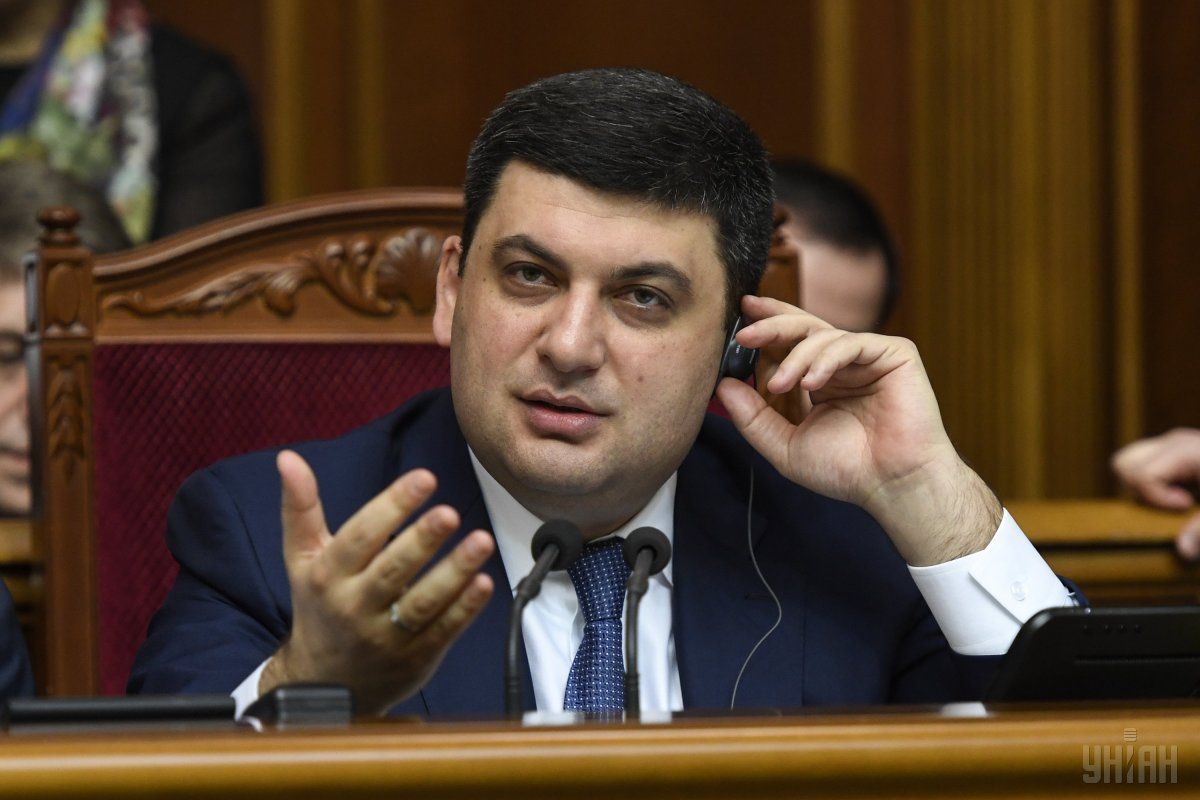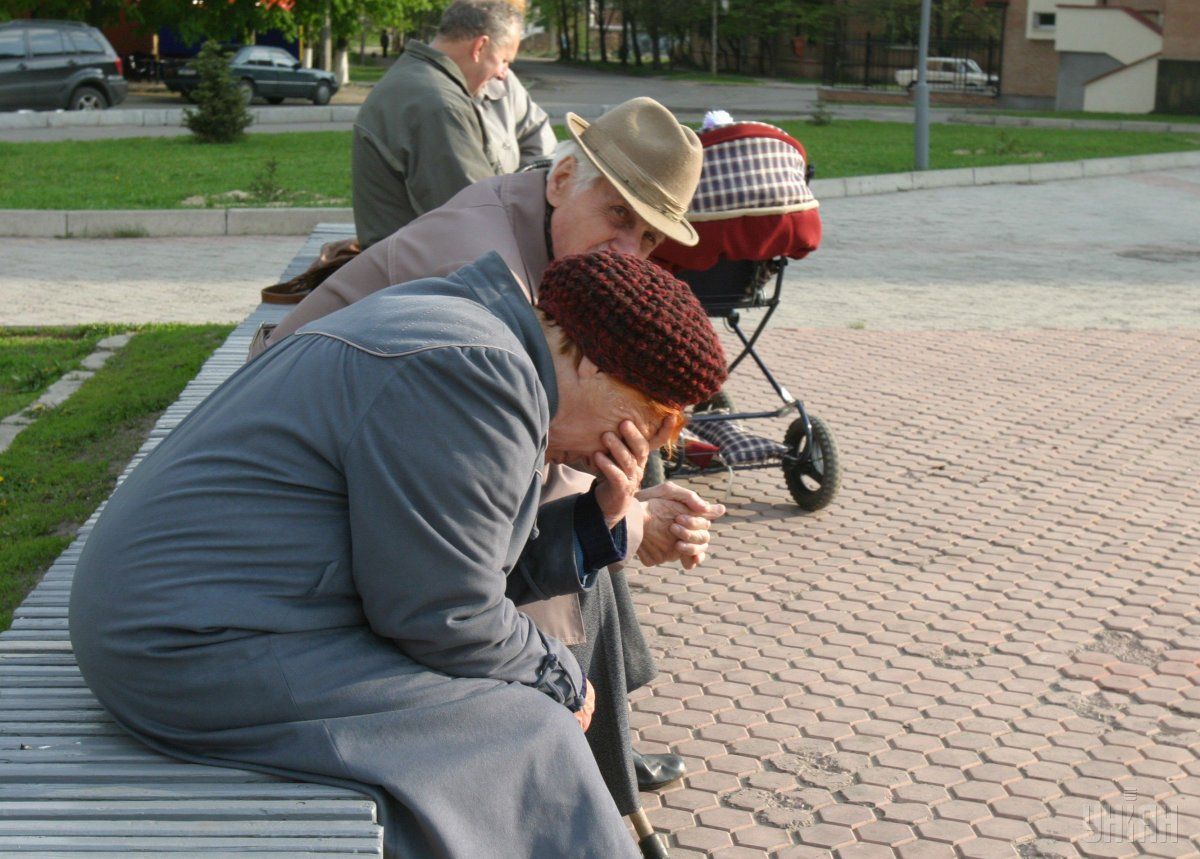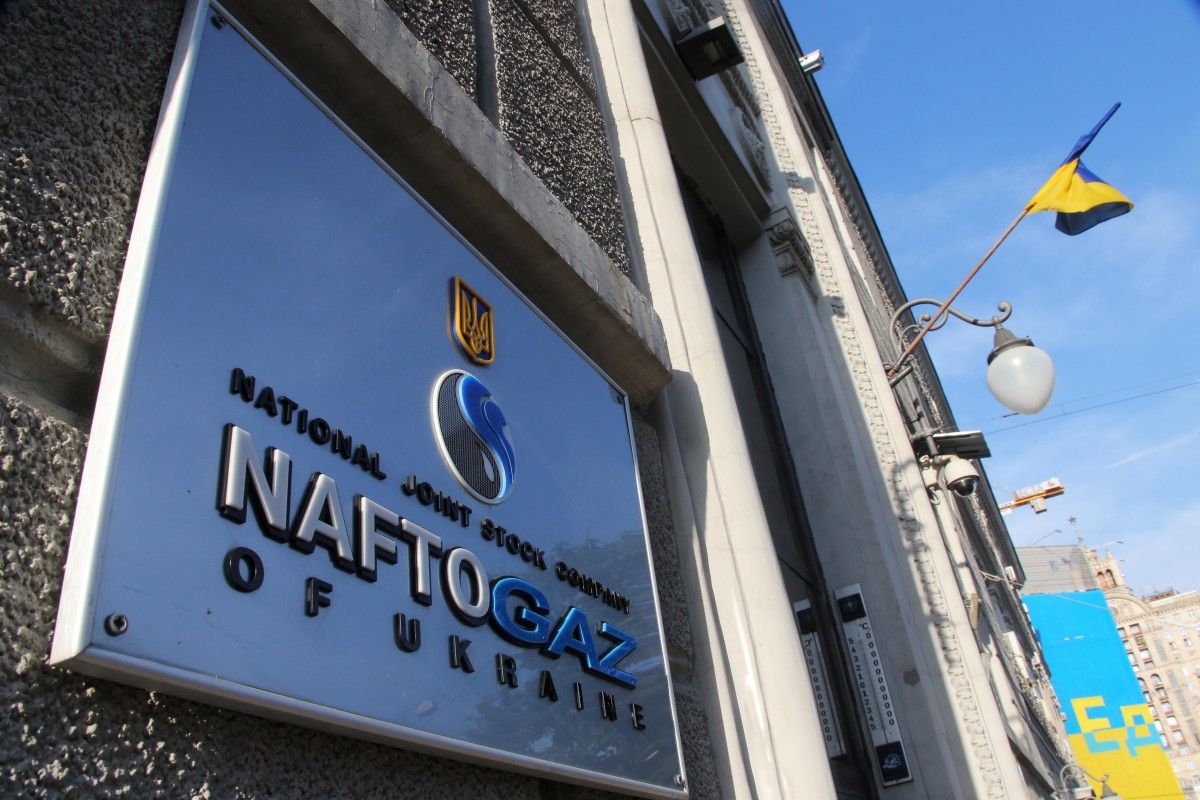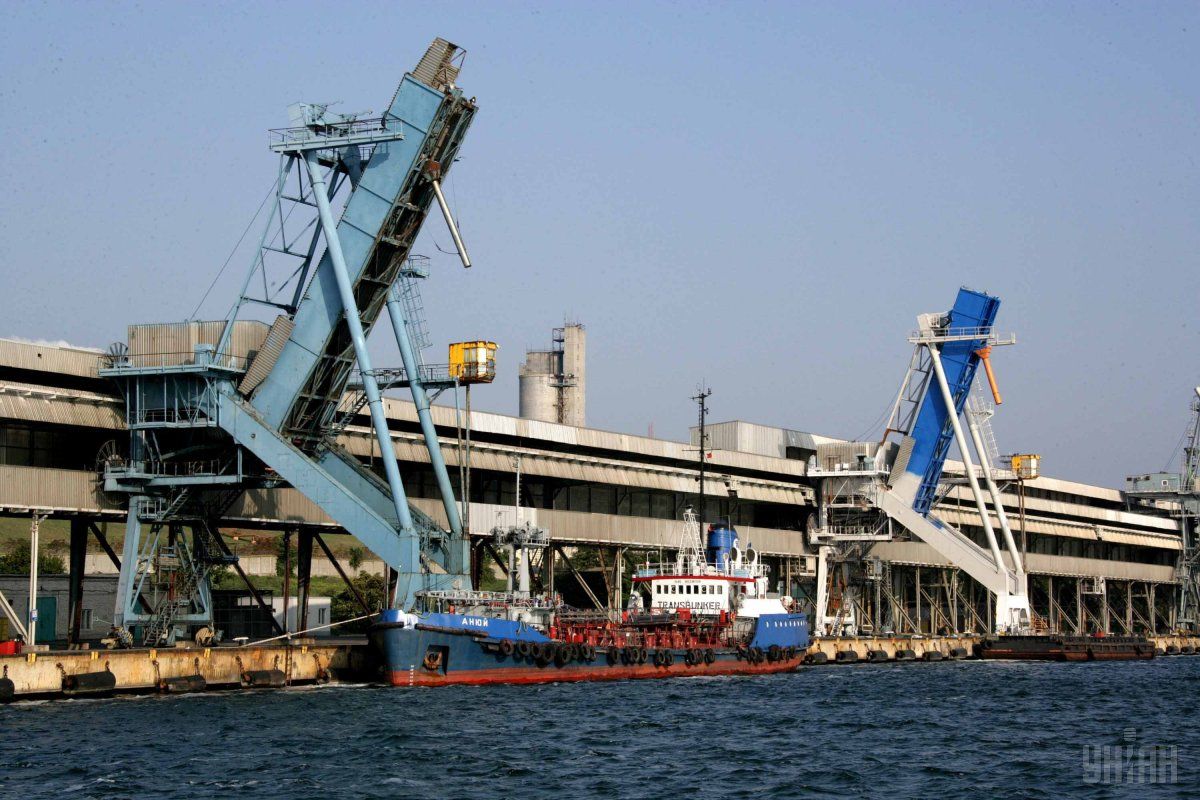
"Had someone managed Ukraine properly…": Highlights of Groysman's big presser
On Tuesday, April 11, Prime Minister of Ukraine Volodymyr Groysman told the country about his government’s achievements over the past year and answered journalists' questions. Unfortunately, even more questions arose following the press conference.
A year ago, Volodymyr Groysman came to the government’s helm and moved from the Verkhovna Rada to the Cabinet Headquarters across the road. But, contrary to the traditions of his predecessors, he chose a press conference format to report on the results of his first year in office rather than reporting to parliament. He explained this with the fact that his annual report was submitted to the parliament on time, and now the deputies are studying it in parliamentary committees. And, when they decide to hear the Cabinet in the session hall, the government will report, Groysman said, also debunking rumors about a possible Cabinet reformatting.
Given the scheduled “work in constituencies” (read “May holidays”) following this plenary week in the Rada, it is highly unlikely that we’ll see the government’s Q&A before the end of the spring. Skeptics may object that on May 16-26 there will be two more plenary weeks. However, the need to adopt (traditionally, at least a part of) the package of laws required by a memorandum with the International Monetary Fund to continue cooperation with the country’s key creditor, the government report will most probably be pushed aside.
Land and pension reforms
"I think that we will be able to carry out reforms for them to primarily have a positive impact on life in Ukraine," Groysman said.
For example, according to the prime minister, the pension reform (which is one of the items of the IMF memo) provides for the lifting of taxes on working pensioners and raising pensions from October 1. According to preliminary estimates, the changes will be felt by 5.6 million Ukrainians.
The prime minister said that “dozens of billions” are needed to ensure pension increase and assured that these funds are being accumulated, “and we will be able to modernize the pension system." He also noted that the increase in the minimum wage, which was implemented from year-start, will not affect the macroeconomic indicators, but will ensure a change in the quality of life of regular Ukrainians.

As for the land market, Groysman said that the government was in favor of carrying out the reform "in the interests of citizens of Ukraine." "People who own the land, will be able to dispose of it. We do not support the transfer of land to foreigners and large holdings," he said.
In general, according to Groysman, the Rada will have adopted by July the laws on pension reform, agricultural land turnover, privatization, as well as legislative initiatives on medical and educational reforms (the memorandum with the IMF provides for the adoption of the law on pension reform by the end of April, and the law on the turnover of agricultural land - by the end of May). "It is absolutely obvious that these decisions will change the situation in Ukraine, these decisions will lead to the growth of the country's economy," the prime minister stressed.
In turn, the acceleration of economic growth will allow us to achieve a reduction in public debt, while the return to a stable macroeconomic situation will provide an opportunity to raise social standards. "We need to ensure economic growth and this way to reduce public debt. This is our task today... By 2020, we’ll be able to improve the quality of life of our citizens significantly," he said.
However, Groysman did not elaborate on how exactly the Cabinet intends to get positive votes from the Rada if the parliament meets one day a week.
Energy efficiency
One of the factors of economic growth should be reforms in the energy sector. The prime minister recalled that Ukraine had not been importing gas from Russia for 501 days already and was working on re-equipment of thermal power plants now feeding on scarce coal, to switch them to coal of gas brands produced in Ukraine. “We are also increasing hydropower and nuclear power capacities," he said.
At the same time, Ukraine, due to the coal deficit of anthracite coal, which arose as a result of the blockade of the temporarily occupied territories of Donetsk and Luhansk regions, should import this fuel from any other countries but Russia: "As for diversification [of energy sources supplies]: we should buy the missing volumes of coal from different countries, and I want to emphasize that I am a supporter purchasing from the U.S., Australia, that is, from any countries but the aggressor state."
In addition, Groysman said that he stood for the faster process Naftogaz reform and the reform of the natural gas market. "I would like that the reform of Naftogaz take place faster, so that the unbundling - the division of gas transportation, trading and production – be carried out quicker, and the most modern methods of corporate governance be introduced," he said.

According to him, the supervisory board of Naftogaz will soon be completed by one independent member and one representative of the state.
As for the gas dispute between Naftogaz and Russia’s Gazprom in Stockholm Arbitration (in October-December 2016, the Arbitration Chamber of Stockholm held hearings on the gas dispute over the terms of the contract concluded between the companies in 2009; the ruling is expected to be handed down in the first half of 2017), Groysman believes Ukraine has a strong legal position in court.
"I do not want to forecast the court's ruling. I think that we have a strong legal position, but we cannot foresee anything. The court will make a decision, and we respect the decision of the court," he said.
The prime minister added he expected a positive decision for Ukraine as in this case "justice will be restored in relation to Ukraine." If the decision is not in favor of Naftogaz, Groysman recalled that it could cost tens of billions of dollars. "This is a consequence of the signing of the contract by [former PM Yulia] Tymoshenko... Well, we'll have to turn in Tymoshenko instead of paying. If she signed it, let her bear responsibility for this," he said.
Privatization
Another topic that journalists did not avoid in the Q&A was a long-promised “grand privatization,” which is just not happening. Addressing the issue, Groysman did not differ in any way from his predecessors. He showed he was familiar with the stats, naming the number of state-owned enterprises (3,500), saying that 49% of them work inefficiently and stressing the necessity of privatization.
Saying that Ukraine's losses at state enterprises due to inefficient governance and corruption over the past 10 years amounted to UAH 82 billion, Groysman expressed hope that the Verkhovna Rada would adopt before mid-July a package of laws necessary to start privatization. "In fact, [in this case] we could immediately get to the conditions of grand privatization, or big sale, the public sale of inefficient state property," the prime minister said.
In particular, he believes that the government will be able to effectively sell the Odesa Portside Chemical Plant.

What prevented the OPP privatization throughout the year of Groysman Cabinet’s work? The prime minister says it’s the leadership of the State Property Fund who have failed to carry out large-scale privatization. Therefore, the resignation of the SPF head, Ihor Bilous, announced a day before, is a consistent decision. "I welcome his decision. I think that his decision is an assessment of his work. Perhaps not everything depended on him, but, in my opinion, he needed to be more persistent and clear. Unfortunately, I believe that he failed to realize himself in this position," the prime minister said.
... Groysman kicked off his press conference with a slideshow showing the opportunities missed by Ukraine. "Had systemic reforms been launched in 2007, then ..." Groysman said thoughtfully, "drawing" bright projections. Had there been any investment in infrastructure, most roads wouldn’t have been in grave condition, only 10% of them. Had they abandoned Russian gas and not signed bonding contracts with Russia, and not reduced the production of Ukrainian gas, the country "would have been independent and strong" by now… Had they sold inefficient assets back in 2007, they would have seen competitive enterprises and thousands of jobs. Had they dealt with healthcare reform, today doctors would have earned at least UAH 10,000-12,000, and Ukrainians would have lived longer, and so on.
It would be really great if modern-day reformers did not repeat the mistakes of their predecessors, since they have already learned to point them out, and did not miss opportunities for Ukraine. Otherwise, unfulfilled promises can turn into a situation when, in 10 years, some new prime minister will offer to repay debts, for example, to IMF, not with money, but with the current head of the Cabinet.
UNIAN

